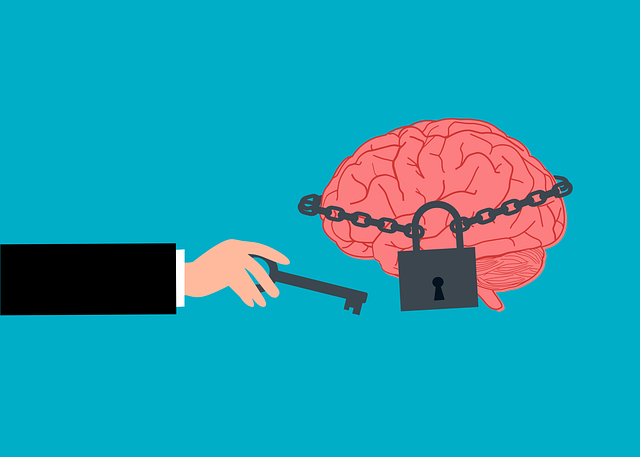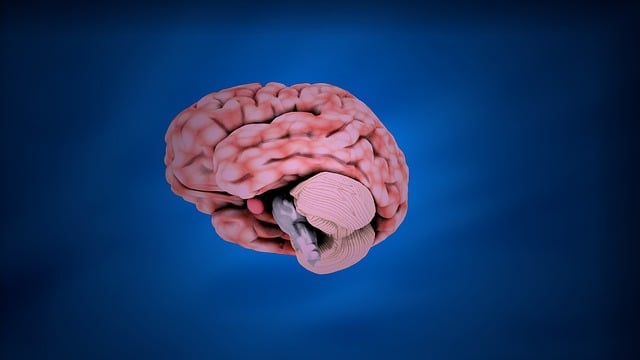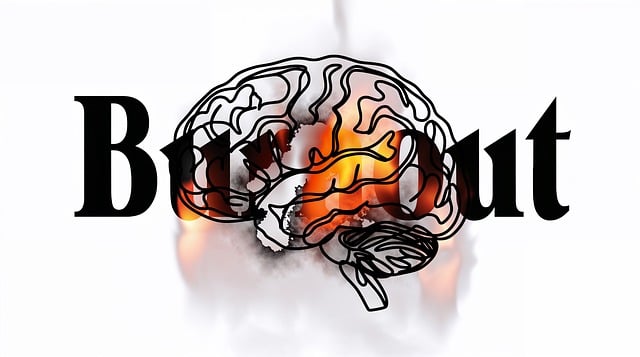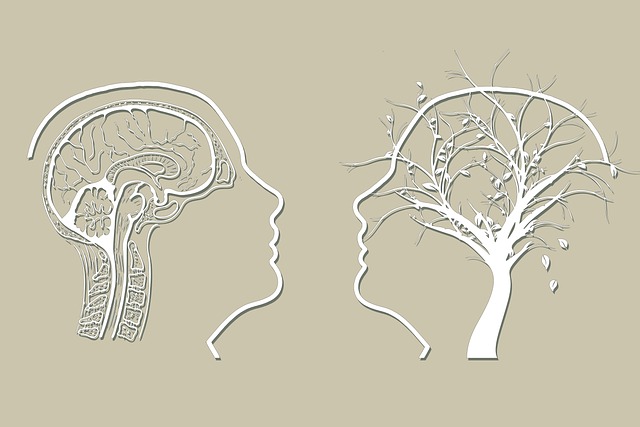Understanding trauma is key to designing effective mental health education programs for young adults. By creating safe spaces for discussion, incorporating evidence-based therapies like EMDR and CBT, teaching stress reduction methods, and fostering self-awareness, programs can aid in processing traumatic memories and developing coping strategies. Normalizing mental health conversations through mainstream curricula and offering age-appropriate workshops, confidential counseling, and peer support groups is crucial. Professionals should be trained in risk assessment and collaborate with healthcare providers, educators, and community organizations to create supportive networks, ensuring access to therapy for young adults trauma.
“Uncovering effective strategies for mental health education is crucial in empowering young adults, a vital population highly susceptible to trauma’s lasting effects. This article navigates the critical components of designing and implementing therapy programs tailored to their unique needs. We explore how understanding trauma’s profound impact can guide the creation of supportive environments fostering recovery. By examining key elements such as education, coping skills, and community engagement, we aim to equip professionals with tools to reach and assist this vulnerable demographic effectively.”
- Understanding Trauma and Its Impact on Young Adults
- Key Components of an Effective Mental Health Education Program for Trauma Recovery
- Implementation Strategies for Reaching and Supporting This Vulnerable Population
Understanding Trauma and Its Impact on Young Adults

Understanding trauma is a critical step in designing effective mental health education programs for young adults. Trauma, whether it stems from acute incidents like accidents or chronic stressors such as abuse or neglect, can have profound and lasting effects on brain development, emotional regulation, and overall well-being. For young adults, navigating the transition to adulthood while grappling with unprocessed trauma can exacerbate existing mental health challenges and impede their ability to thrive academically, socially, and professionally.
Programmes aimed at fostering mental health awareness among this demographic must therefore prioritize creating safe spaces where participants feel comfortable discussing their experiences and exploring healthy coping mechanisms. Incorporating evidence-based therapy for young adults trauma, such as Eye Movement Desensitization and Reprocessing (EMDR) or Cognitive Behavioral Therapy (CBT), can help individuals process traumatic memories and develop effective communication strategies to express their feelings. Additionally, teaching stress reduction methods tailored to young adults’ unique needs can equip them with valuable tools to manage the ongoing impact of trauma and promote resilience.
Key Components of an Effective Mental Health Education Program for Trauma Recovery

An effective mental health education program for trauma recovery among young adults should incorporate several key components to address this complex issue comprehensively. Firstly, self-awareness exercises that encourage individuals to explore and understand their emotions, thoughts, and behaviors are essential. These exercises can help in identifying triggers, coping mechanisms, and patterns of thinking that may be hindering recovery. By fostering inner strength development, programs can equip young adults with the resilience needed to navigate challenging situations and regulate their mental health effectively.
Additionally, integrating depression prevention strategies into the curriculum is crucial. This involves teaching cognitive-behavioral techniques, promoting healthy lifestyle habits like regular exercise and adequate sleep, and encouraging open communication about mental health struggles. Equipping young adults with these tools not only aids in trauma recovery but also empowers them to proactively manage their mental well-being throughout their lives, especially as they navigate the therapy for young adults trauma landscape.
Implementation Strategies for Reaching and Supporting This Vulnerable Population

Reaching and supporting young adults dealing with trauma requires a multifaceted approach. One effective strategy is to integrate mental health education into mainstream curricula, ensuring early intervention and normalizing conversations around emotional well-being. Schools can partner with mental wellness coaching programs to develop age-appropriate workshops and seminars, fostering an environment where students feel comfortable discussing their experiences and seeking help. These initiatives should be accompanied by robust trauma support services tailored for young adults, offering confidential counseling and peer support groups.
Moreover, professionals working in this field must undergo comprehensive risk assessment training to identify and manage complex trauma cases effectively. Collaborative efforts between healthcare providers, educators, and community organizations can help create a supportive network, ensuring that vulnerable individuals receive the therapy for young adults with trauma they need. Mental wellness coaching programs development should be evidence-based, incorporating strategies like cognitive behavioral therapy (CBT) and mindfulness practices to empower young adults in managing their mental health.
Mental health education programs focused on trauma recovery for young adults are vital tools in addressing the growing need for support. By understanding the profound impact of trauma and implementing effective strategies, we can create inclusive environments that foster healing. Key components, such as tailored curriculum, peer support, and accessible resources, are essential to reaching this vulnerable population. Through innovative implementation methods, including digital platforms and community partnerships, we can ensure therapy for young adults trauma becomes more accessible and impactful, promoting long-term mental well-being.












